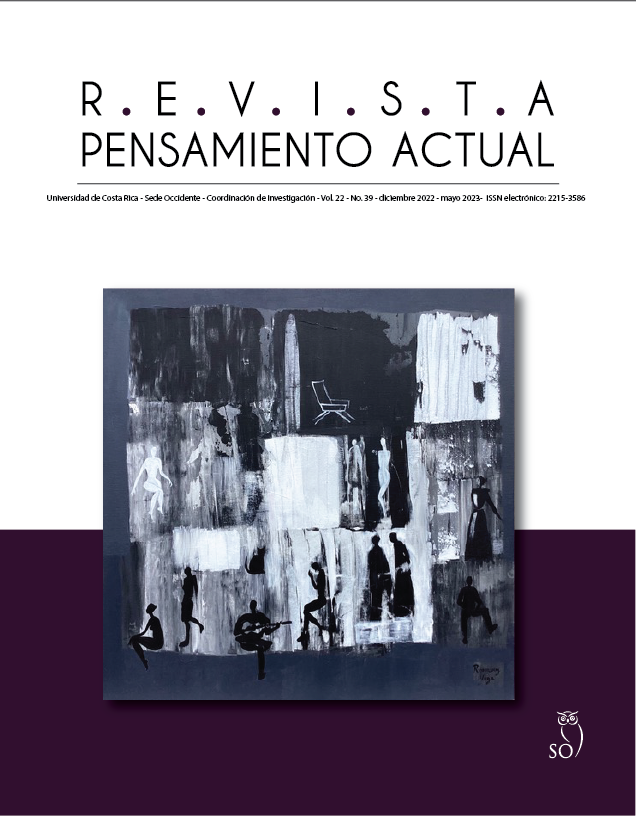Resumen
Three aspects that teachers should consider when planning and providing corrective feedback (CF) in English as a Second Language teaching are analyzed in this essay: the extent to which the instructional context and focus influence teachers’ decision about the timing and type of corrective feedback, how the analysis of one’s error sources can contribute to the provision of CF, and in what way teachers can balance their preferences and those of their students towards CF techniques. The link between error correction and the instructional context in which the CF techniques used on teachers when they were learners and students’ expectations, background, and current abilities is uncovered in this essay. Furthermore, this essay examines the importance of analyzing one’s error sources in oral and written productions in order to promote autonomous students while strengthening their abilities through relevant material as their mistakes were anticipated. Finally, the significance of promoting a safe environment in which learners may interact with their teacher and providing scaffolded assistance through different explicit and implicit CF strategies are revealed to highlight the significance of integrating students’ and teachers’ preferences for specific types of CF and timing.
Citas
Adams, R., Jackson, P., Lenton, K., Dugdale, M., Whittaker, C., Larsy, N., & Charles, E. S. (2019, July 2). Error detection tasks and peer feedback for engaging physic students. Spie Digital Library. https://doi.org/10.1117/12.2523795
Aljaafreh, A., & Lantolf, J. P. (1994). Negative feedback as regulation and second language learning in the zone of proximal development. The Modern Language Journal, 78(4), 465–483. http://ezproxy.sibdi.ucr.ac.cr:2048/login?url=https://www.jstor.org/stable/328585
Brosh, H. (2017). Grammar in the Arabic language classroom: Perceptions and preferences. Al-’Arabiyya, 50, 25–52. http://www.jstor.org/stable/26451395
Csaszar, I. E., Curry, J. R., & Lastrapes, R. E. (2018). Effects of loving kindness meditation on student teachers’ reported levels of stress and empathy. Teacher Education Quarterly, 45(4), 93–116. https://www.jstor.org/stable/26762171
Lee, E. (2013). Corrective feedback preferences and learner repair among advanced ESL students. System, 41(2), 217-230. https://doi.org/10.1016/j.system.2013.01.022
Li, S. (2017). Corrective feedback in second language teaching and learning. Routledge.
Pawlak, M. (2014). Error correction in their foreign language classroom: Reconsidering the issues. Springer.
Schulz, R. (2001). Cultural differences in student and teacher perceptions concerning the role of grammar instruction and corrective feedback: USA-Colombia. The Modern Language Journal, 85(2), 244-258. https://doi.org/10.1111/0026-7902.00107
Spada, N., & Lightbown, P. M. (2008). Form-focused instruction: Isolated or integrated? TESOL Quarterly, 42(2), 181–207. https://www.jstor.org/stable/40264447
Willis, J. (n.d.). Six types of tasks for TBL. British Council. https://www.teachingenglish.org.uk/article/six-types-task-tbl
Zamora, A., Suárez, J., & Ardua, D. (2018). Error detection and self assessment as mechanisms to promote self-regulation of learning among secondary education students. The Journal of Educational Research, 111(2), 175-185. https://doi.org/10.1080/00220671.2016.1225657
Zamora, E., & Sevilla, H. (2011). Developing self-teaching skills in EFL learners through correction techniques [Panel discussion]. III Congreso Internacional de Lingüística Aplicada CILAP, Universidad Nacional, Heredia, Costa Rica.
##plugins.facebook.comentarios##

Esta obra está bajo una licencia internacional Creative Commons Reconocimiento-NoComercial-CompartirIgual 3.0.
Derechos de autor 2022 Pensamiento Actual

